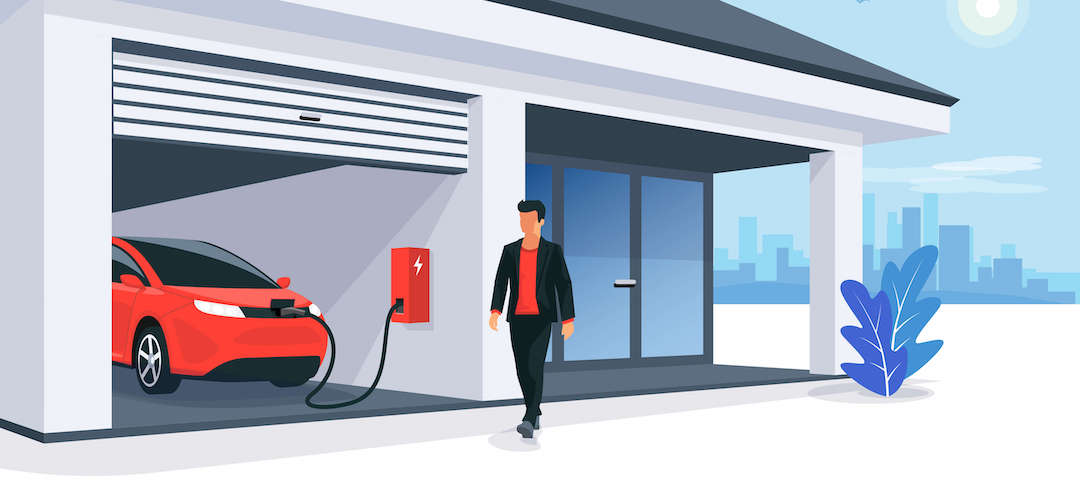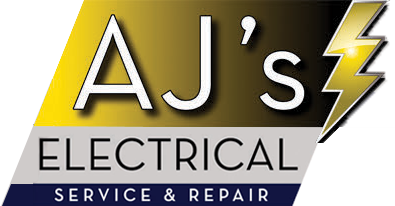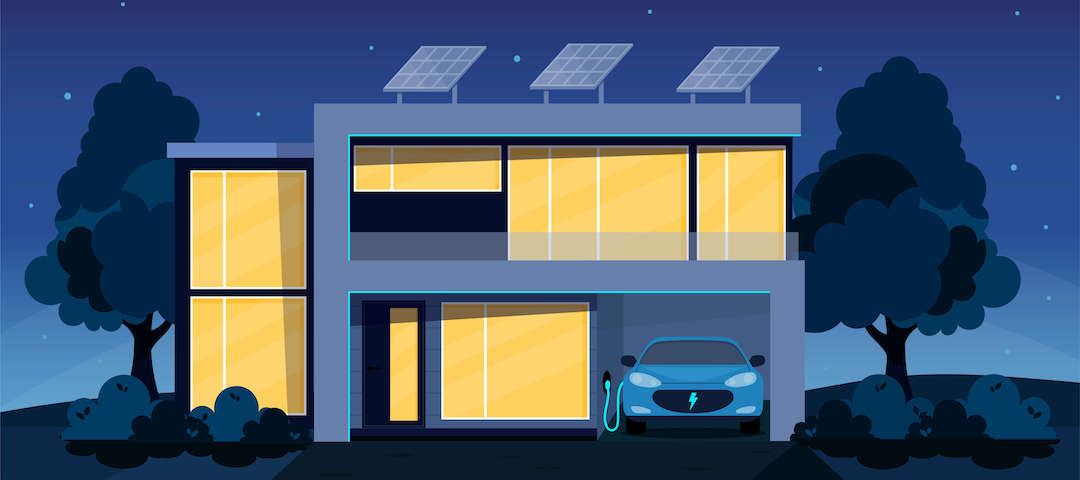Electric vehicles carry many benefits. From forgetting about dreaded gas prices, to helping promote a healthier planet, it’s clear why so many opt for an electric vehicle. But despite the visible appeal, there is one question every person should ask before committing to the purchase: can my home’s current electrical system support an electrical vehicle? It’s important to consider what home electrical service upgrades might be required before making a large purchase like an electric vehicle.
Electrical panel upgrade
The first step you’ll want to take is checking the size of your electric panel. Most new homes are built with 200-amp panels — meant to sustain modern technology demands. However, most older or heritage homes will have 100-amp panels if not already replaced. Though these panels might have sufficed decades ago, their capacity does not cut it now — especially if you are on the market for an electric vehicle.
If your home has a 200-amp panel, you likely won’t need an upgrade prior to installing your EV charger. The only exception is if your panel is already operating at or near its capacity. This will only occur if your home has a power demand than most.
Alternative Electrical Service Upgrades
Though we suggest upgrading to a 200-amp panel, there is an alternative option to allow for your 100-amp to sustain an EV charging station. Load management, also known as demand-side management (DSM), is the process of balancing the supply of electricity on the network with the electrical load by adjusting or controlling the load rather than the power station output.
When added, a load management unit allows you to control when you recharge your vehicle to allow for breaks to provide energy to other parts of your home.
Types of EV chargers
Electric vehicles have different levels and charging types that use different voltages and amperages to run.
There are three levels of charging:
- Level 1 is used for at-home charging, and requires a 120 volt household outlet. This is the slowest speed for charging an electric vehicle.
- Level 2 charging stations require 240 volts, similar to large household appliances like a stove or washing machine. This level offers a faster charging time than Level 1.
- Level 3 stations are designed solely for commercial use. These are not suitable for at-home installation.
EV charging systems must showcase an official mark or label of an official certification or evaluation agency. Prior to being available for purchase, these systems will have been approved by relevant authorities. This is vital to ensure the product was assessed for safety.
Upgrading your electrical services to allow for an EV charging system is not a simple task. From meeting proper electric specifications to understanding individual housing needs, it is always beneficial to get help from an expert.
As always, AJ’s Electrical is here for all your electrical needs. Contact us today with any questions or for more information on how an electrical service upgrade might benefit your home.


